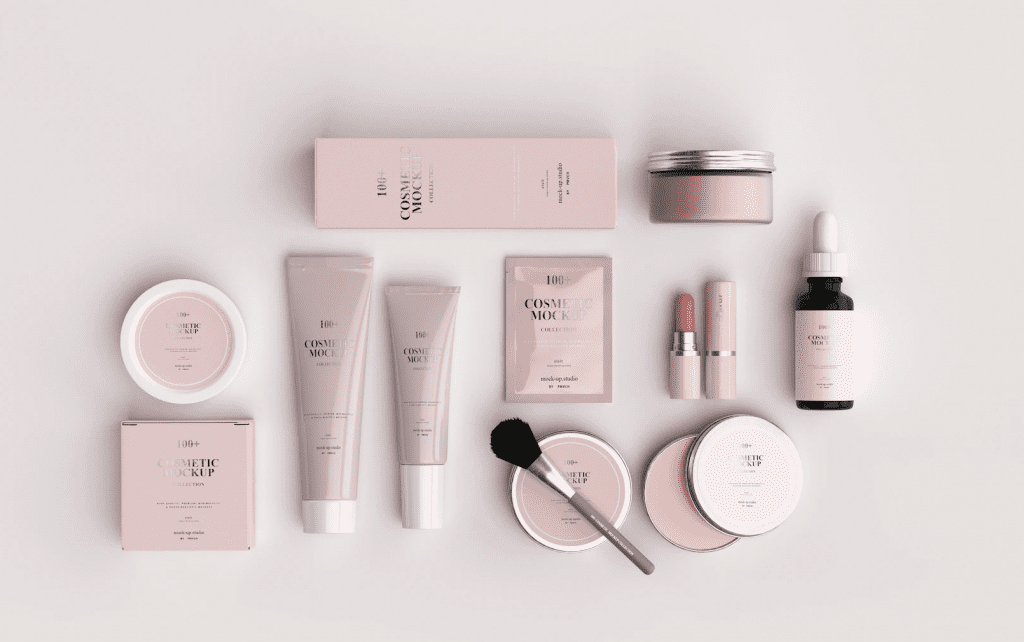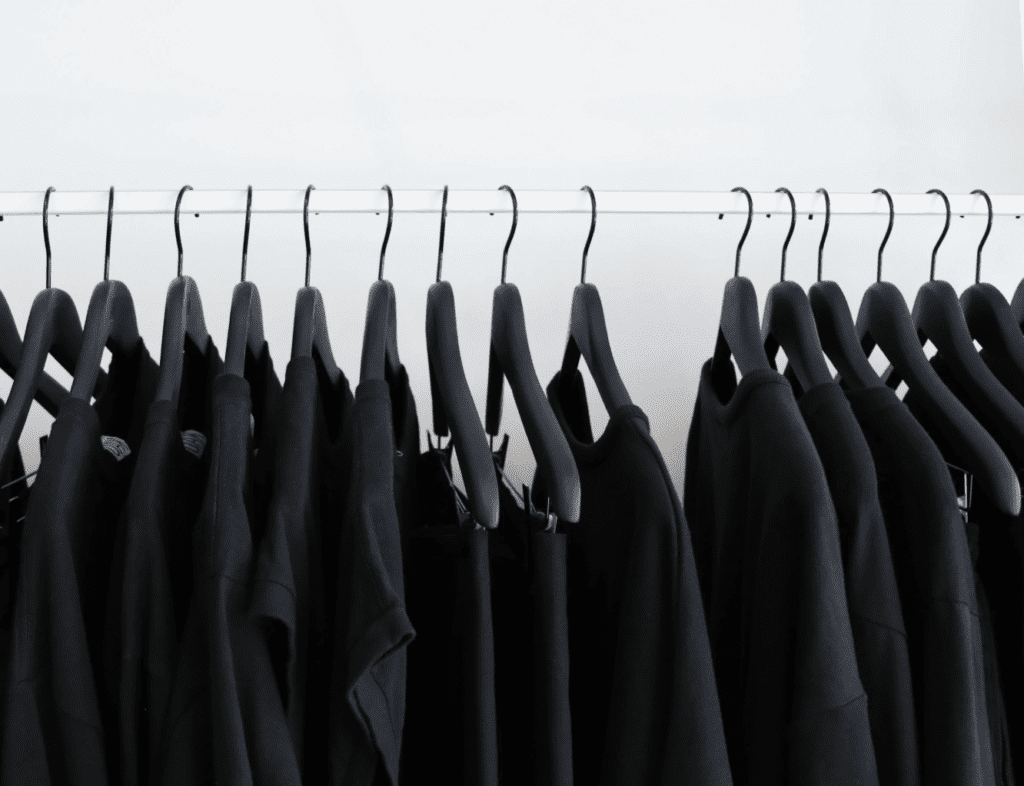On August 26, 2022, a PFAS consumer fraud class action lawsuit was filed in New York against Proctor & Gamble over alleged Perfluoroalkyl and Polyfluoroalkyl Substances (“PFAS”) content in the Oral B brand of floss. The lawsuit is the latest in a growing line of PFAS lawsuits that allege that certain consumer products contain PFAS; that the products were marketed as safe for use, healthy, or environmentally friendly; and that consumers would not have purchased the products if they knew that the products contained such manufactured chemicals.
As we predicted in early 2021, increased attention on PFAS content in consumer goods among the scientific community and the media has presented significant risks for various industries, including the cosmetics industry, and our prediction was that the developments would lead to a significant number of lawsuits alleging consumer fraud. Against this background, purveyors of consumer goods, insurers, and investment companies interested in the consumer goods vertical – especially those with niche interest in cosmetics companies – must pay careful attention to the rising number of cosmetics lawsuits at play and the increasing trend of lawsuits targeting the industry in connection with PFAS.
Oral B PFAS Consumer Fraud Lawsuit
On August 26, 2022, Plaintiff Alan Dalewitz filed a lawsuit in New York federal court seeking a proposed class action against multinational consumer goods corporation Proctor & Gamble. In the lawsuit, Dalewitz alleges that Cincinnati, Ohio-headquartered P&G represented to consumers that its products adhere to “rigorous safety process[es] to analyze every ingredient – before we ever consider putting it in one of our products” and that the company is dedicated to “helping ensure a healthy planet.” Specific to the Oral B dental floss, Dalewitz claims that the product is marketed as “pro health.” With the foregoing in mind, Dalewitz contends that all of the company’s claims regarding the safety of its products and the environmentally friendly nature of the products are false and misleading, and that the presence of PFAS in its dental floss, in particular, was fraudulently concealed from consumers.
Dalewitz is seeking certification of the class action lawsuit (to enable other similarly-situated individuals to join in), damages, fees, costs and a jury trial. Specifically, the proposed class includes any consumer in New York state who purchased the relevant Oral B dental floss products during a certain time period.
Just the Beginning for Consumer Products Companies
With PFAS studies underway, legislation pending that targets consumer goods, and increasing media reporting on PFAS in consumer goods and concerns over human health, product manufacturers should be increasingly wary of lawsuits similar to the one that Proctor & Gamble is currently facing. In fact, there are an increasing number of PFAS consumer fraud cases being filed, with some of the below as representative of recent trends …
Cosmetics industry – Brown v. Cover Girl, New York (April 1, 2022); Anderson v. Almay, New York (April 1, 2022); Rebecca Vega v. L’Oreal, New Jersey (April 8, 2022); Spindel v. Burt’s Bees, California (March 25, 2022); Hicks and Vargas v. L’Oreal, New York (March 9, 2022); and Davenport v. L’Oreal, California (February 22, 2022).
Food packaging industry – Richburg v. Conagra Brands, Illinois (May 6, 2022); Ruiz v. Conagra Brands, Illinois (May 6, 2022); Hamman v. Cava Group, California (April 27, 2022); Azman Hussain v. Burger King, California (April 11, 2022); Little v. NatureStar, California (April 8, 2022); and Larry Clark v. McDonald’s, Illinois (March 28, 2022).
Feminine hygiene products – Gemma Rivera v. Knix Wear Inc., California (April 4, 2022); Blenis v. Thinx, Inc., Massachusetts (June 18, 2021); and Destini Canan v. Thinx Inc., California (November 12, 2020).
As the above is indicative of, several major companies – from giants like McDonald’s and L’Oreal to smaller players like Thinx – now find themselves embroiled in litigation focused on PFAS-focused false advertising, consumer protection violations, and deceptive statements made in marketing and ESG reports. The lawsuits may well serve as test cases for the plaintiffs’ bar to determine whether similar lawsuits will be successful in any (or all) of the fifty states in this country. With this in mind, companies would be wise to consider the possibility of needing to defend against lawsuits involving plaintiffs in all fifty states for products that contain PFAS.
It should be noted that these lawsuits would only touch on marketing, advertising, ESG reporting, and consumer protection type of issues; separate products lawsuits could follow that take direct aim at obtaining damages for personal injury for plaintiffs from consumer products. Additionally, environmental pollution lawsuits could seek damage for diminution of property value, cleanup costs, and PFAS filtration systems if drinking water cleanup is required.
It is of the utmost importance that businesses along the whole supply chain in the cosmetics industry evaluate their PFAS risk. Public health and environmental groups are readily urging legislators to regulate PFAS at an ever-increasing pace. Similarly, state level EPA enforcement action is increasing at a several-fold rate every year. Now, the first wave of lawsuits take direct aim at the consumer products industry. Companies that did not manufacture PFAS – but merely utilized PFAS in their manufacturing processes – are, therefore, becoming targets of costly enforcement actions at rates that continue to multiply year over year. Lawsuits are also filed monthly by citizens or municipalities against companies that are increasingly not PFAS chemical manufacturers.
John Gardella is a Shareholder and Chief Services Officer at CMBG3 Law. He is licensed to practice in Massachusetts and Tennessee.











